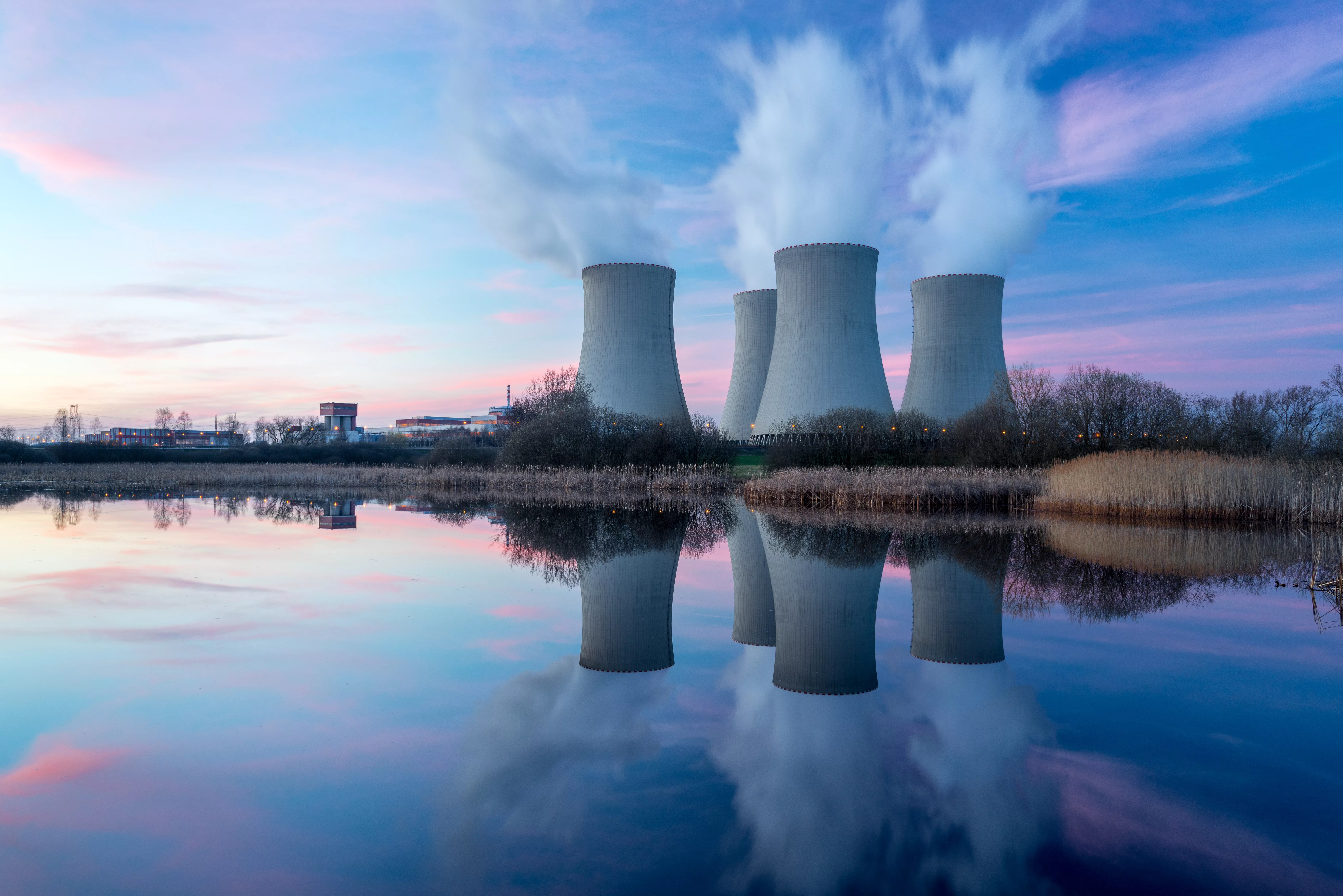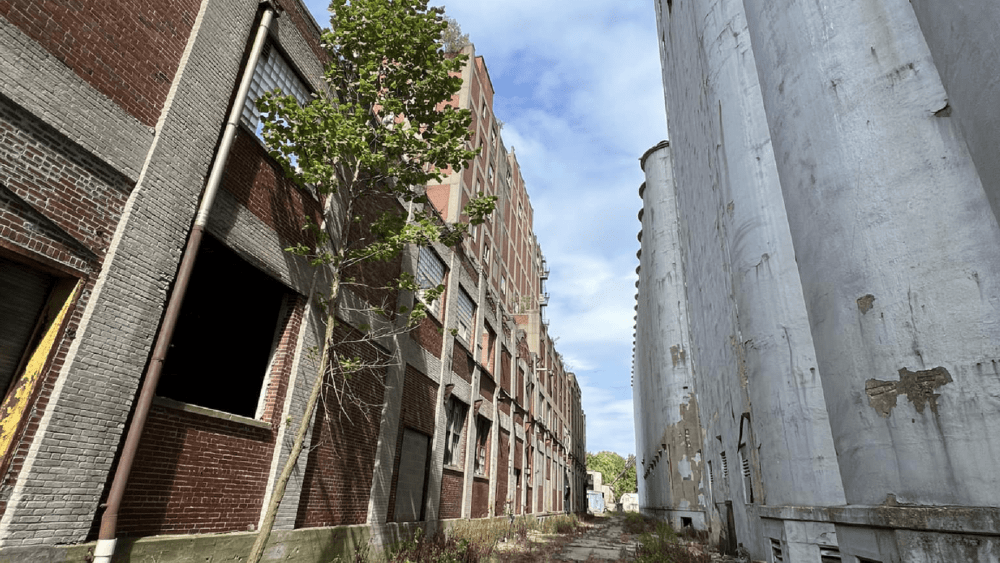Gov. JB Pritzker on Friday vetoed a bill that would have lifted Illinois’ moratorium on the construction of new nuclear reactors.
Proponents of the bill have argued that Illinois needs to invest in Small Modular Reactors, in spite of the fact that none are expected to be operational before 2030.
Pritzker said:
“This bill provides no regulatory protections for the health and safety of Illinois residents who would live and work around these new reactors. My hope is that future legislation in Illinois regarding SMRs would address this regulation gap.”
State Sen. Sue Rezin, R-Morris, said she has already filed paperwork to bring the bill up in the legislature’s fall veto session scheduled for late October.
The governor also expressed concern about an “overly broad definition of advanced reactor.” The proposed law could be interpreted to allow construction of large-scale nuclear power plants that are “so costly to build that they will cause exorbitant ratepayer-funded bailouts” currently burdening customers in South Carolina and Georgia. Cost overruns for three plants in those states have amounted to more than $20 billion.
Both the Sierra Club Illinois Chapter and the Illinois Environmental Council urged the governor to veto the bill over concerns about waste disposal, costs, and outdated regulations.
IEC Executive Director Jen Walling wrote on Friday that:
“Nuclear power comes with significant safety risks and results in highly hazardous wastes that threaten our drinking water, with no safe, permanent waste solution in sight. Rather than abandon all safeguards, Gov. Pritzker recognized that such substantial risks merit the highest protective guardrails our state can offer.”
Under current law, the moratorium can be lifted when the head of the state’s Environmental Protection Agency finds the federal government has “identified and approved” a method for the disposal of high-level nuclear waste, which it has failed to do for more than four decades.
The nuclear moratorium allows for research reactors like the one under development at the University of Illinois Urbana-Champaign.










